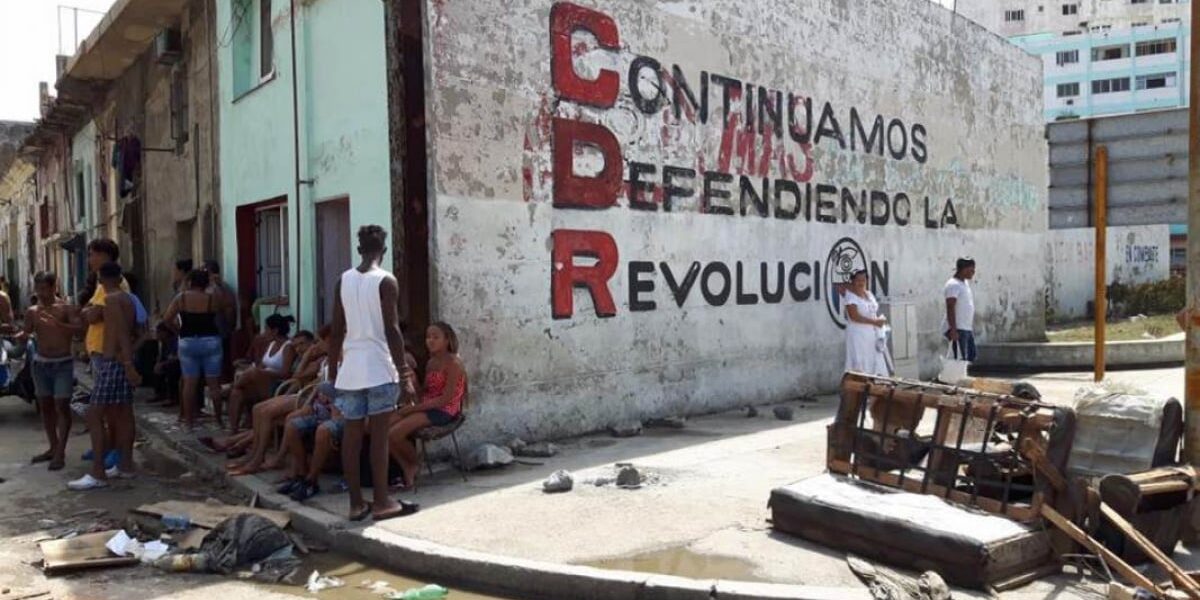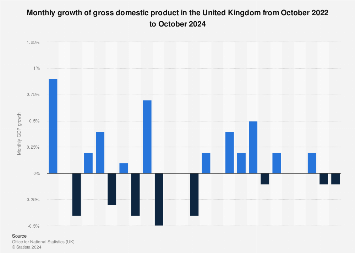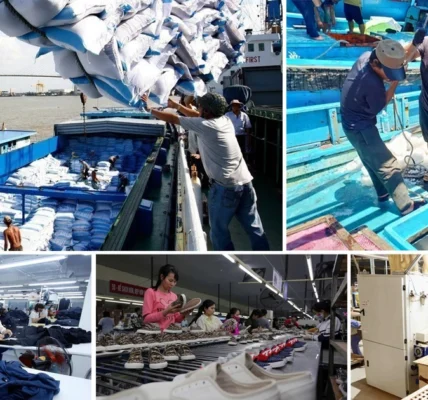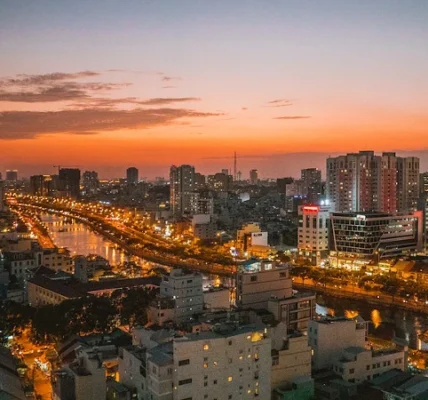The Cuban government announced on Monday a projected economic growth of 1% for the year 2025, as reported by the Minister of Economy and Planning, Joaquín Alonso Vázquez, during a session of the National Assembly.
This goal, which may seem modest at first glance, is set against the backdrop of a deep economic crisis that has impacted all productive sectors and severely affected the quality of life of the population.
The minister explained that this growth forecast is based on the assumed recovery of tourism, an increase in export revenues, and the revitalization of productive and industrial activities, along with the stabilization of the National Electroenergy System (SEN), reported the official outlet Cubadebate.
However, the current outlook is far from optimistic, and the latest economic indicators raise concerns about the feasibility of this projection.
In 2024, the Cuban economy faced significant setbacks as key sectors such as agribusiness and construction failed to meet their targets: steel production was nonexistent, cement only reached 43.2% of the planned goal, and wood production stood at just 17.6%.
Agricultural production was also unable to meet demand, with significant shortages in root vegetables, meats, and vegetables, while the sugar harvest, historically a crucial sector, failed once again, leaving the country without one of its main sources of export.
The deficit in electricity generation capacity and the shortage of fuels further exacerbated the crisis, impacting not only industrial production but also the daily lives of the population, who experienced prolonged and frequent blackouts.
This adds to a high level of external debt and a shortage of foreign currency, which have restricted imports of food, medicine, and other essential supplies, leaving the country with a critical shortage.
The government also acknowledged that exports fell short of expectations in 2024, with goods reaching only 92.5% of the planned target, while services achieved 101.6%, mainly driven by the export of medical services, as tourism continued to decline instead of recovering.
In total, the projected revenues for the year were 900 million dollars below expectations, further exacerbating macroeconomic imbalances.
Despite this challenging scenario, the regime is hopeful that the recovery of tourism and the increase in knowledge-based service exports can turn the situation around.
It also aims for an increase in agricultural production and a stabilization of the National Electric System, with a greater involvement of renewable energy sources.
However, these promises of improvement clash with the reality of an obsolete production system, the lack of significant foreign investment, and the widespread discontent among the population due to inflation and scarcity of goods.
Inflation, although the government claims it will slow down to levels between 25% and 30%, continues to be a devastating factor for the domestic economy.
Prices in both formal and informal markets remain unattainable for the majority of Cubans, while real wages are being devalued against the rising costs of basic necessities.
Although the minister assured that the government’s projections include measures to reduce the deficit, increase external revenue, and promote foreign direct investment, the lack of material and financial resources remains an insurmountable barrier.
The promise of generating a 1% GDP growth by 2025 seems, in this context, more of an aspiration than a realistic goal, especially considering that many of the structural issues within the Cuban economy remain unresolved.
In a country where agro-industrial production is collapsing, electricity generation is insufficient, and export revenues are declining, the foundations for sustaining economic growth, however modest, appear fragile and uncertain.
Meanwhile, the population continues to face a daily life marked by insecurity, food shortages, and uncertainty about the future.
In 2023, the Economic Commission for Latin America and the Caribbean (ECLAC) forecasted that the Cuban economy will continue to face serious challenges in the coming years.
In its report, the organization indicated that Cuba’s real Gross Domestic Product (GDP) grew by 2% in 2022, showing a slight improvement compared to the 1.3% recorded in 2021, despite the impacts caused by hurricanes.
However, for 2023, a more limited growth of 1.8% was projected, while a slight decline to 1.7% was expected in 2024, indicating three consecutive years of almost negligible growth. Nevertheless, reality surpassed these forecasts, with growth amounting to only 1%.
Frequently Asked Questions about the Cuban Economy and Its Challenges
Why is Cuba’s economic growth so low?
Cuba’s economic growth is low due to a combination of internal and external factors. Internally, the country is experiencing a structural crisis characterized by an outdated production system, a lack of significant foreign investment, and economic management issues. Externally, the U.S. embargo and volatility in international markets exacerbate the situation. The Cuban economy also suffers from resource shortages, high inflation, and a significant fiscal deficit.
How does the energy crisis affect the economy and daily life in Cuba?
The energy crisis in Cuba severely impacts both the economy and the daily lives of citizens. The lack of fuel and deteriorating electrical infrastructure have led to extended blackouts, affecting industrial production and the quality of life for the population. These blackouts also disrupt essential services such as healthcare and education, while limiting access to food and other basic goods.
What is the status of the agricultural sector in Cuba?
The agricultural sector in Cuba is facing serious challenges, including a lack of supplies, fuels, and adequate technology. This has resulted in a failure to meet production plans for basic foods such as meat, milk, and eggs. The government’s debt to farmers and poor management further exacerbate the situation, limiting the sector’s growth and worsening the country’s food security.
What measures has the Cuban government proposed to improve the economy?
The Cuban government has proposed measures such as strengthening national production, modernizing the business system, and improving economic management in the municipalities. However, these measures have had a limited impact so far, and social discontent continues to grow due to the lack of effective solutions. Inflation and the scarcity of basic goods remain critical issues for the population.





